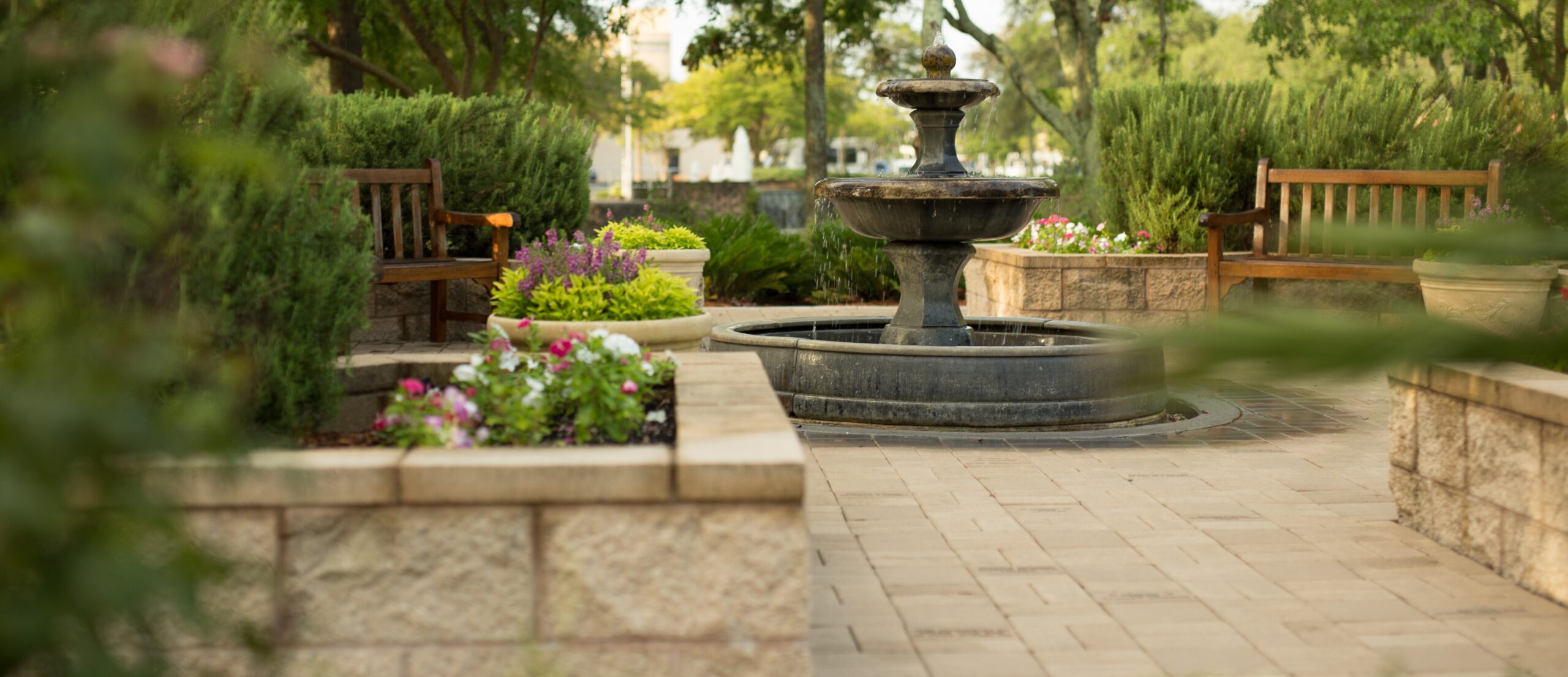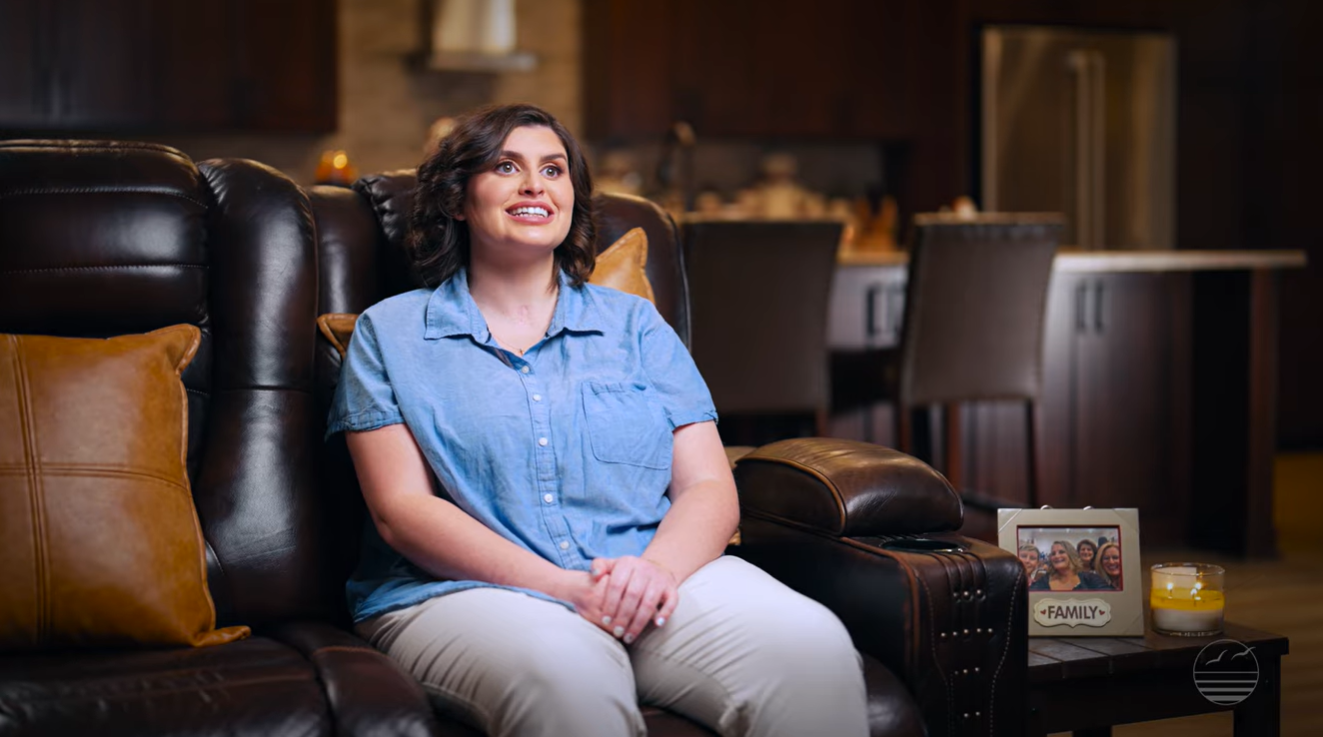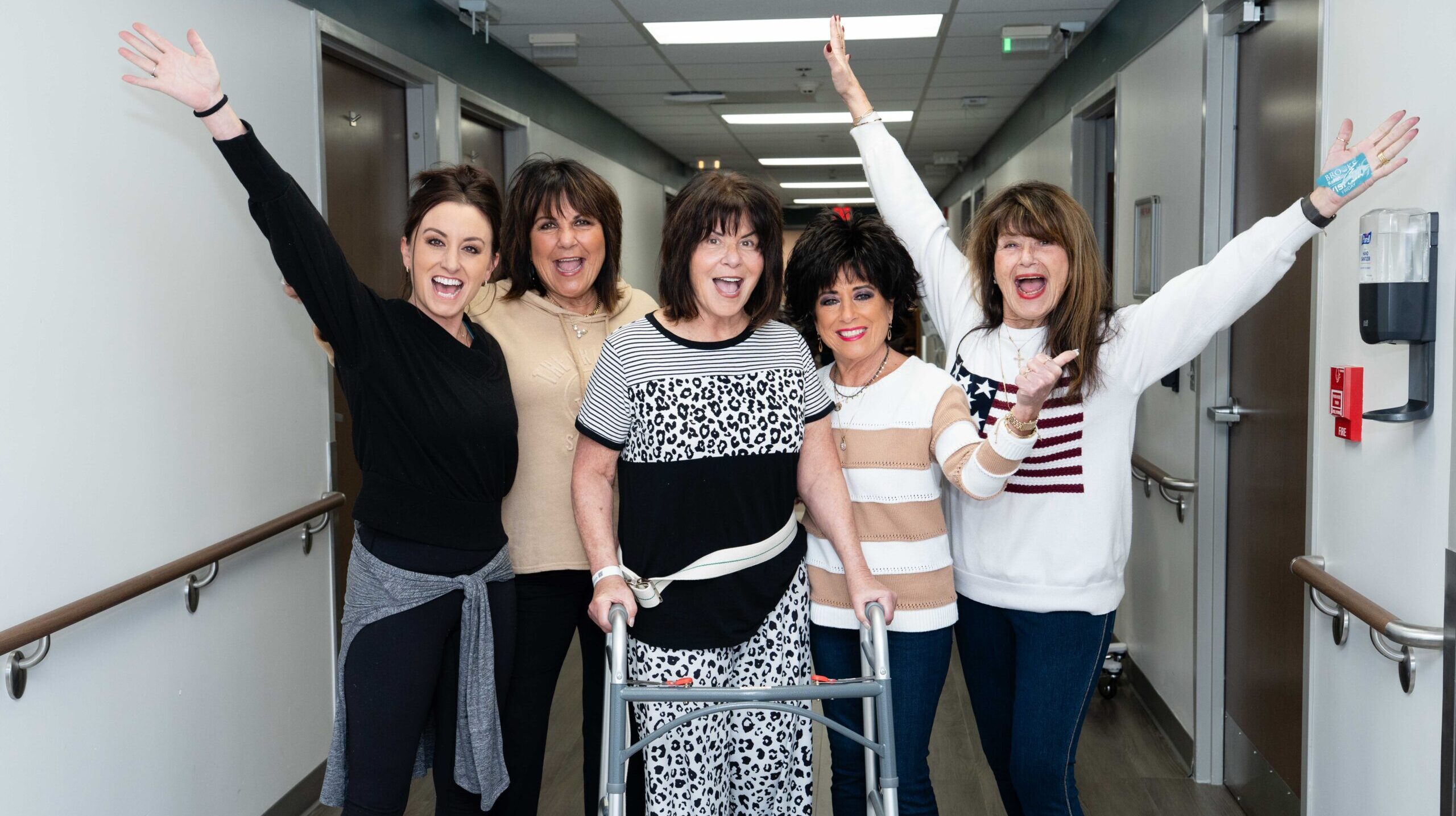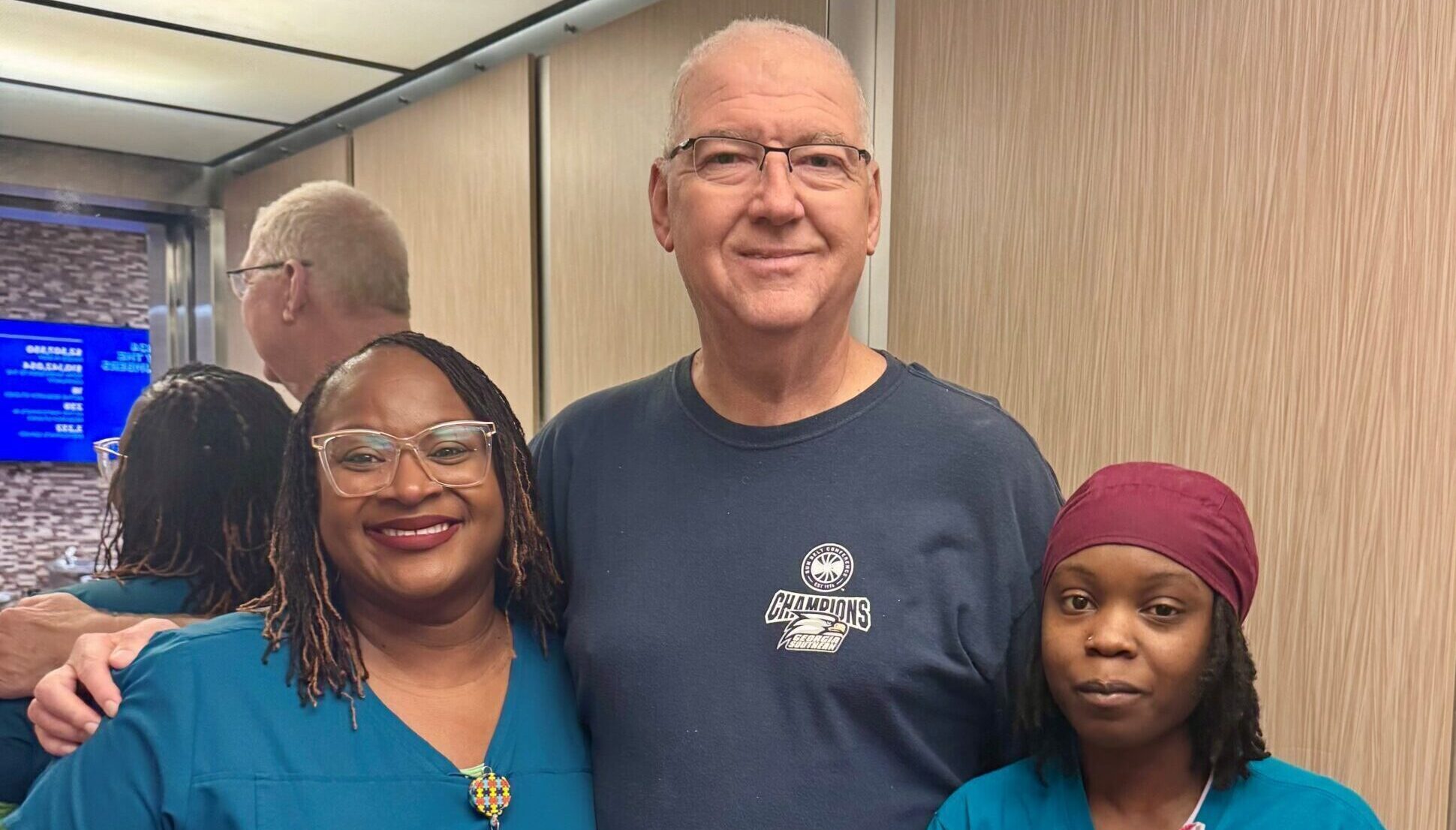What is the Disorders of Consciousness Program?
This specialized program, which began in 1999 at Brooks Rehabilitation Hospital, was specifically designed for patients who present in a reduced or minimally conscious state following a neurological injury or illness.
The purpose of the Brooks Disorders of Consciousness (DoC) Program is to provide an accurate clinical diagnosis of your loved one’s recovery stages through comprehensive evaluations by specially trained doctors and professionals.
Daily therapy with your loved one allows for full optimization of their potential performance and ability to engage with the environment around them. We also work closely with caregivers to provide thorough training and education in order to prepare you to care for your loved one’s specific needs.
What does all of this terminology mean?
Coma: a state of deep unconsciousness, caused by profound neurological injury or illness.
Unresponsive Wakefulness State: (formerly vegetative state) is a disorder of consciousness in which patients with severe brain injury are in a state of partial arousal, reflected by a sleep/wake cycle but no purposeful interaction with their environment.
Minimally Conscious State: severely altered consciousness in which minimal but definite, sustained and/or reproducible behavioral evidence of awareness of self or environment is demonstrated.
Emergence from DoC: consistent demonstration of purposeful interaction with the environment is observed by your loved one (i.e., communication, object use, command following).
What is the admission criteria?
- Diagnosis of an Acquired Brain Injury.
- Your loved one must be out of the coma stage (i.e., sleep / wake cycle is present).
- Because one of the primary goals of this highly specialized program is to discharge your loved one to their home setting, we prefer to have a caregiver present throughout the stay to participate in daily training.
Who are the people who will care for your loved one?
The Disorders of Consciousness Team is comprised of professionals who have specialized training and expertise in this area of rehab, the team includes:
- Physiatrist
- Rehabilitation Nurse
- Neuropsychologist
- Case Manager
- Physical Therapist
- Occupational Therapist
- Speech Therapist
- Cognitive Therapist
- Respiratory Therapist
- Registered Dietitian
- Chaplain
What are the goals of the program?
- Provide you with an accurate diagnosis of your loved one’s current stage of recovery.
- To establish and maintain medical stability as well as maximize the effectiveness of medications.
- Physical and cognitive therapeutic stimulation and assessment of responses.
- Comprehensive family education and training on the overall care of your loved one and response evaluation techniques.
- Discharge preparation including, but not limited to, ordering durable medical equipment (DME), custom wheelchair fitting, scheduling future appointments and therapies, assisting with transportation needs, and so much more.
Assessment & Evaluations
A comprehensive team evaluation (completed during the first few days of your stay) will help determine an accurate stage of your loved one’s recovery. This will help with targeting our therapeutic approach and prognosis development, as well as ongoing care needs.
Treatment & Interventions
Each week, your loved one will participate in 5 – 6 days of physical, occupational, and speech/ cognitive therapy which will consist of a data-driven approach including: evaluations of responses, stimulation application and management, physical mobility (as tolerated), and ongoing medication and medical management by the physician.
Should your loved one meet emergence criteria while participating in our DoC program, we will transition them into our traditional rehabilitation program.
Discharge planning and the continuum of care
The entire team, led by Case Management, seamlessly coordinates all needs to assist you in preparing to transition your loved one home. We understand that this process is overwhelming, and may even be scary, but our expertly trained team is available to provide the support, training, and education required to make your discharge a success! While the process can look different for every family, these are a few of the things that our team will be assisting with:
- Using pictures and videos you provide, we will help you to determine any home modifications that you may need to make.
- We will order durable medical equipment (DME) that your loved one may need in order to be safe at home (including items such as: a hospital bed, wheelchair, tube feeding supplies, suction supplies, among many other items). Please note that the costs associated with these items can vary depending upon individual insurance contracts.
- The Case Manager will assist with scheduling follow-up appointments, ongoing therapies, and transportation assistance.
- The physician and nursing staff will assist with getting all medications ordered and prepared for discharge.
- The DoC team is available to help support you and your loved ones after discharge via telehealth.

Request patient care
Brooks’ system of care accepts multiple types of insurance as well as Medicare and Florida Medicaid. We also provide self-pay options when insurance no longer covers treatment.
Brooks partners with health care systems locally, statewide, nationally and internationally — accepting referrals from most acute hospitals and physicians.
Visit our price transparency page to better understand our hospital fees. These are estimates and not a guarantee of final cost after insurance.



